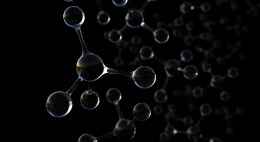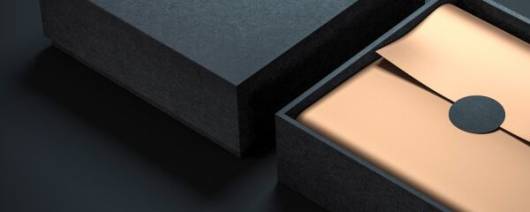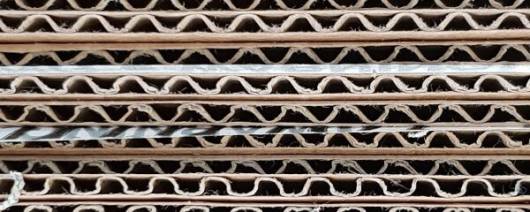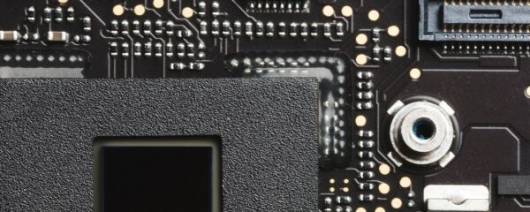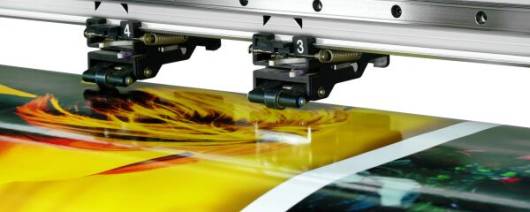
- Functions:Nucleating Agent
- Processing Methods:Injection Molding, Thermoforming, Rotational Molding, Blow Molding
- Carrier:Resin-based, Polypropylenes (PP)
When the MPM® 2000 is added to polypropylene at levels ranging from 0.25% – 2.0%, it can produce high levels of beta crystallinity in molded or extruded parts. The high beta crystal content results in dramatically higher impact strength and ductility, with very little reduction in modulus or tensile strength. If the final fabricated article is produced by post-orientation of an extruded sheet at temperatures below the melting point of the beta crystal phase, then microvoids will develop, and the density of the article will go down, and its opacity will go up. In the case of oriented films it is possible to lower the final film density by 15% when uniaxial stretching is done (MOPP), and by up to 70% when biaxial stretching (BOPP) is done. In the BOPP process it is possible to make breathable films when high levels of porosity are achieved. When the thermoforming process is used, the processing window of polypropylene is broadened dramatically, and cycle rates can be increased by 25%. Material distribution in the final part is also improved leading to potential down-weighting of thermoformed food containers by 15%. Beta nucleation can also be used to increase the tensile strength of biaxially oriented geogrids allowing for down-weighting of 15-20%. MPM 2000 can be used effectively in polypropylene resins that are already alpha-nucleated with either sodium benzoate or talc, and MPM 2000 may also work in the presence of other alpha nucleants, such as certain pigments. MPM 2000 is colorless, and has broad food contact approvals.







